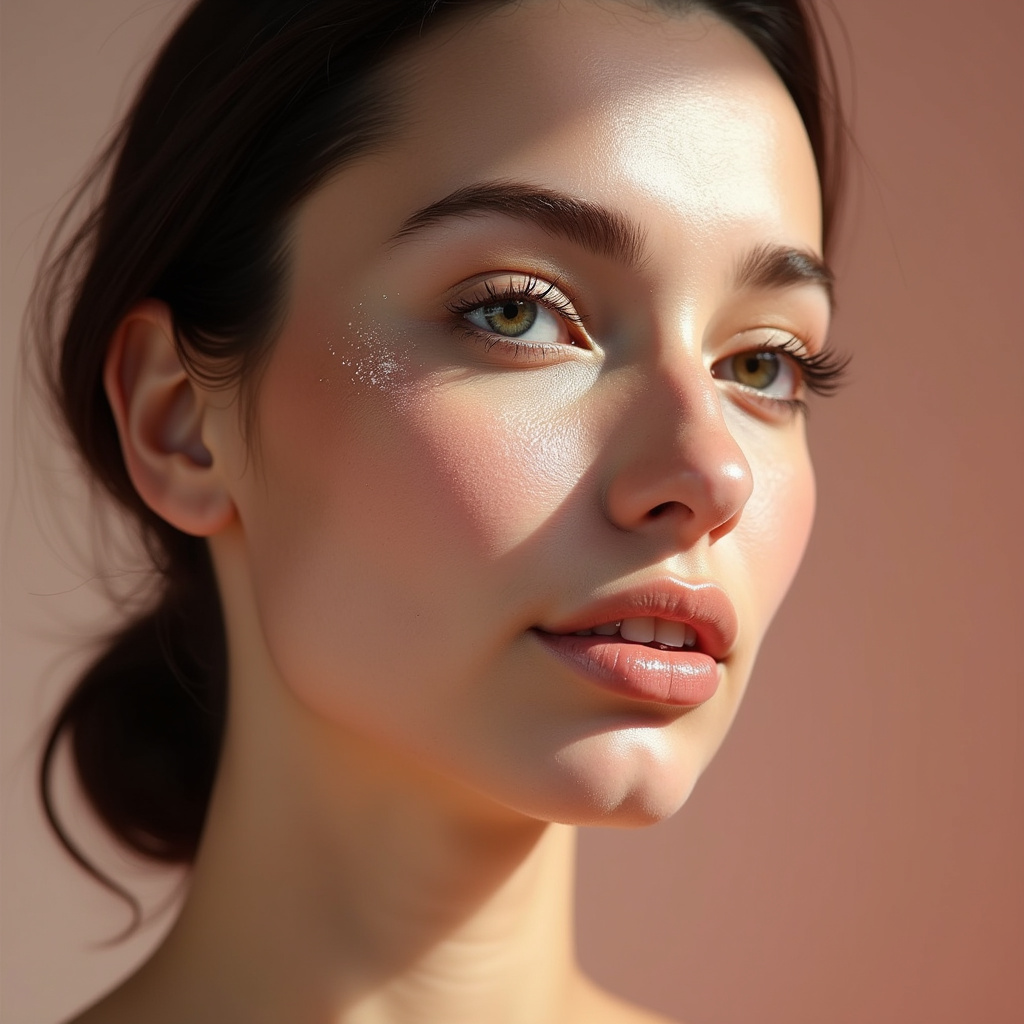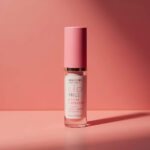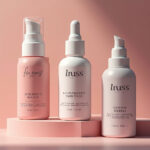Introduction
In the ever-evolving world of beauty and skincare, innovation plays a crucial role in meeting the diverse needs of consumers. One of the most exciting advancements in recent years is the rise of generative AI. This groundbreaking technology is transforming how beauty products are formulated, allowing for personalized solutions tailored specifically to individual preferences and skin types. Let’s explore how generative AI is revolutionizing the beauty industry by creating custom beauty formulas.
What is Generative AI?
Generative AI refers to a category of artificial intelligence that can create new content based on the data it has been trained on. It uses algorithms to analyze patterns and generate new ideas, whether in writing, art, or even product formulations. In the beauty industry, generative AI can analyze extensive datasets, including ingredient properties, skin types, and user preferences, to create unique beauty formulas that cater to individual needs.
The Importance of Personalization in Beauty
Today’s consumers are looking for products that work for them, not just the masses. Personalization in beauty is essential because:
- Skin Diversity: Everyone’s skin is different, with unique needs and sensitivities. A one-size-fits-all approach rarely works.
- Targeted Solutions: Personalized formulas can address specific concerns, such as acne, dryness, or signs of aging.
- Consumer Engagement: Personalized products create a deeper connection between brands and consumers, fostering loyalty and satisfaction.
How Generative AI Creates Custom Formulas
The process of creating custom beauty formulas with generative AI involves several steps:
- Data Collection: AI systems gather vast amounts of data from various sources, including clinical studies, ingredient databases, and consumer feedback.
- Analysis: The AI analyzes the data to identify patterns and correlations between ingredients and their effects on different skin types.
- Formula Generation: Using this analysis, the AI can then generate unique formulas that combine ingredients tailored to the user’s specific needs and preferences.
- User Testing: Many brands implement user testing to refine these formulas further, ensuring they deliver the promised results.
The Role of Consumer Input
One of the fascinating aspects of generative AI in beauty is the emphasis on consumer input. Many brands harness the power of AI to create a more interactive experience:
- Questionnaires: Consumers may fill out detailed questionnaires about their skin type, concerns, and preferences, which the AI then uses to tailor formulas.
- Feedback Loops: After using a product, customers can provide feedback, allowing the AI to learn and improve future formulations.
This two-way interaction not only enhances product efficacy but also empowers consumers to take control of their beauty choices.
Examples of Brands Using Generative AI
Several beauty brands have already embraced generative AI technology to offer customized solutions:
- Function of Beauty: This brand utilizes AI to create personalized hair care products based on individual hair types and goals.
- Proven Skincare: They use AI to develop skincare products based on individual skin concerns backed by clinical data.
- Atelier Cologne: This fragrance brand has started using AI to create custom scents that resonate with the user’s preferences.
The Future of Beauty with Generative AI
The future of beauty powered by generative AI looks promising. As technology continues to advance, we can expect:
- More Accurate Formulations: Enhanced algorithms will lead to even more precise product recommendations.
- Greater Accessibility: Custom beauty solutions will become more accessible to a broader audience, allowing more people to find products that work for them.
- Sustainable Practices: AI can help in formulating eco-friendly products by optimizing ingredient use and reducing waste.
As generative AI continues to develop, the beauty industry will likely see a shift towards even more personalized and effective products, creating a win-win situation for both consumers and brands.
Conclusion
Generative AI is making waves in the beauty industry by enabling the creation of custom formulas tailored to individual needs. As consumers increasingly seek personalized solutions, this technology offers innovative ways to enhance beauty experiences. With its ability to analyze data and generate unique formulations, generative AI is not just a trend; it’s a game-changer that promises to redefine the future of beauty.




